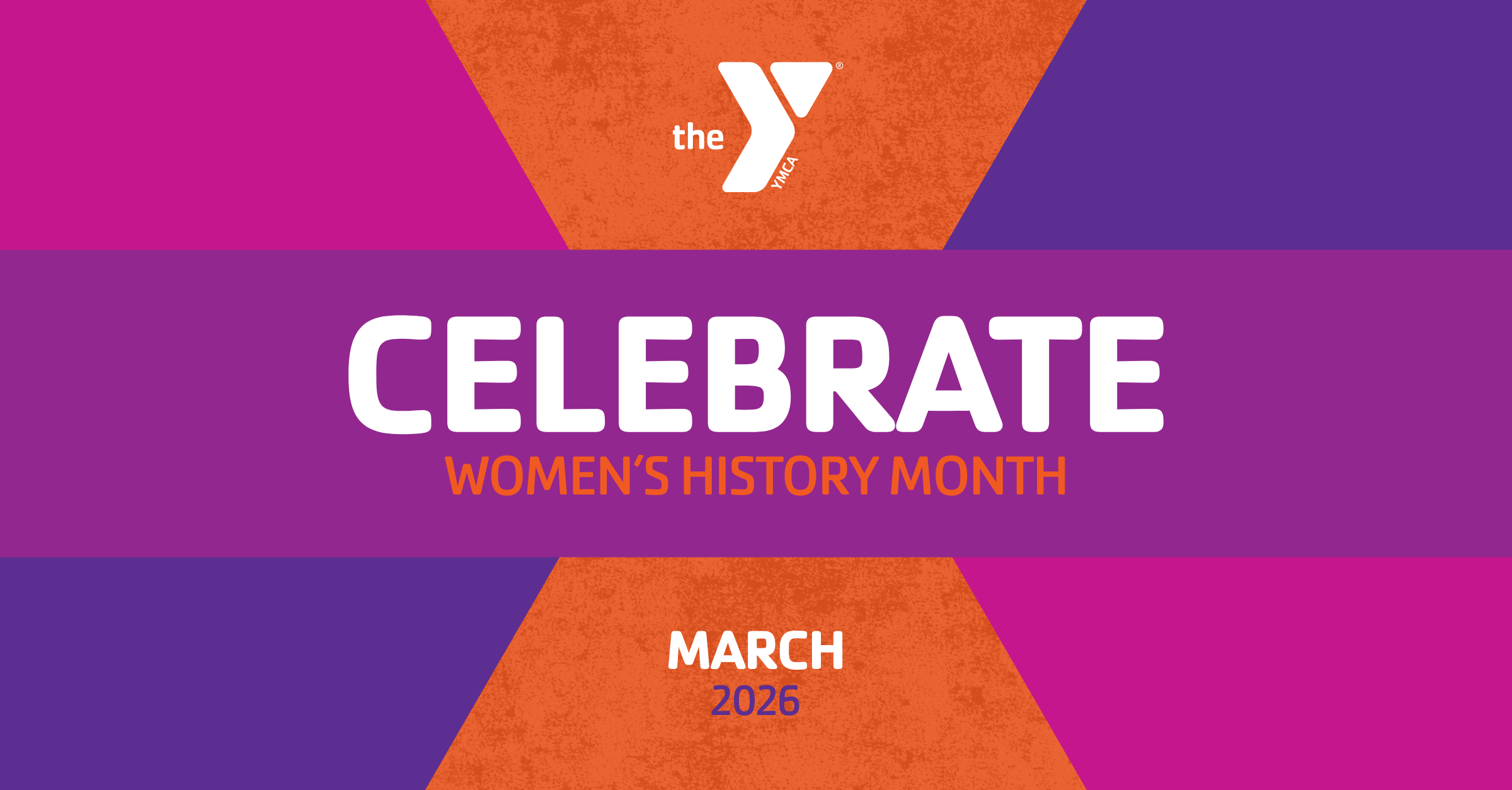Proof That Working Out Together Works Wonders
Why we feel unstoppable when we work out together!
By Emma Hogan
We all want to be fitter, faster, stronger, happier, and healthier – and we all possess the power to make it happen. But sometimes our motivation is lacking. Could chasing our goals alongside like-minded individuals could be the secret to long-term success?

Over the years, scientists have found that sharing your exercise experiences with others can positively influence your training – helping boost results whether you’re in the group fitness studio or sweating it out at home.
Back in 2011, Dr. Jinger Gottschall and a team at Penn State University set out to explore how group fitness could nurture a long-term love of exercise – and ultimately drive the health benefits necessary to cut the risk of cardiovascular disease.
The 30-week Get Fit Together study started with 25 sedentary individuals spending an initial six-week period “dipping their toes” into fitness. They then built up to a six-day-a-week exercise schedule, doing a variety of LES MILLS™ workouts that mirrored the Physical Activity Guidelines for Fitness. “The gradual introduction meant that instead of feeling sore from overworking unfit muscles and giving up, the group actually enjoyed their path into exercise,” says Gottschall. “And the results were awesome!”
Reduced body mass, lower fat body mass percentage, the decline in total cholesterol, plus elevations in oxygen consumption and lean body mass percentages were just some of the changes. On average, participants delayed the onset of cardiovascular disease by 3.6 years.
Most significantly, over 30 weeks, the majority of participants never missed a workout – a compliance rate of 98.8 percent – almost unheard of in exercise studies. Gottschall says such a high level of commitment highlights how combining a steady start with the support of others works wonders.
Fast forward to 2017, and Dr. Dayna Yorks from the University of New England College of Osteopathic Medicine provided more evidence that there’s strength in numbers. This 12- week study found that those who did LES MILLS CORE™group workouts scored significantly higher in terms of stress-reduction and physical, mental, and emotional quality of life compared to those people who worked out alone. And we know that when people start to see and focus on the broad health benefits of exercise (rather than simply any aesthetic changes) they are much more likely to stick with exercise.
Learn more about how group workouts improve mental and physical wellbeing.
Two years later, a 2019 study revealed that exercisers experience increased levels of individual enjoyment, exertion, and satisfaction as a result of group exercise. This research, which evaluated 97 peoples’ group fitness experiences at the same facility over two weeks, identifies the powerful role “the group effect” plays in positively influencing our overall workout experiences – and the likelihood that we’ll become those unstoppable exercisers who repeatably come back for more.
“What our findings show is that we really are social animals when it comes to working out,” says Les Mills Head of Research Bryce Hastings. “When you maximize the group effect, this leads to a high level of what we’ve termed ‘groupness’. And the higher the level of groupness, the more we see increases in a person’s enjoyment, satisfaction, and exertion.” They love what they are doing, and that’s what leaves them feeling unstoppable.
Now more than ever, enjoying the buzz of working out in a group isn’t always an option. Whether it’s because of pandemic restrictions or busier schedules, the number of us exercising alone using a fitness app is increasing.
While the convenience of having workouts-on-tap may be the initial drawcard, a 2020 study suggests that fitness apps are also a great way to tap into the motivational power of others. Researchers found that when fitness apps have an online community element, it stimulates exercisers to do more – and the exercise becomes more enjoyable too. Simple activities like sharing posts and receiving encouragement provide the social support many people need to stay motivated explains study co-author Dr. Ivanka Prichard.
This article originally appeared at www.lesmills.com/fit-planet



